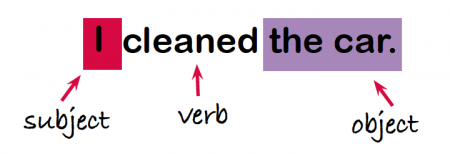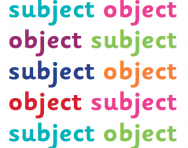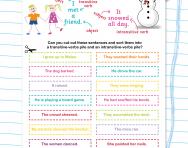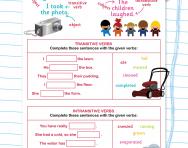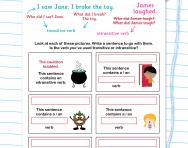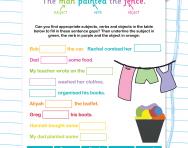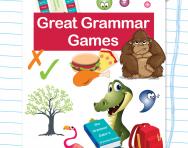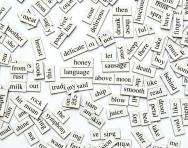What are transitive and intransitive verbs?
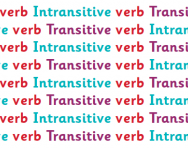
What are transitive and intransitive verbs?
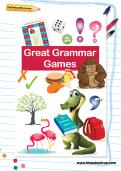
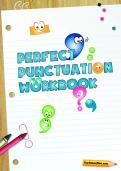
Download Fantastic FREE Grammar Resources!
- Perfect Punctuation Workbook
- Grammar Games Pack
- PLUS 100s of other grammar resources
In this sentence I is the subject, cleaned is the verb and the car is the object.
This sentence gives you an example of a transitive verb. A transitive verb is one which needs to take an object in a sentence to complete its meaning. Other sentences containing transitive verbs are:
He studies French.
The above sentences have a subject (I / He), a transitive verb (love / studies) and an object (ice-cream / French).
An intransitive verb is one which does not need an object to complete its meaning. For example:
The horse galloped.
What are children taught at each stage of primary school regarding transitive and intransitive verbs?
Children are not taught about transitive and intransitive verbs at primary school, however, they are taught about subject, verb and object in preparation for the Year 6 Grammar, Punctuation and Spelling test.
Children may be given a question similar to this: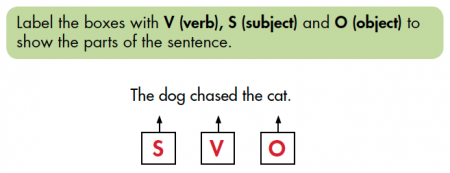
This is an example of a sentence with a transitive verb (chased), however your child does not have to explicitly state this.
What could you do to help your child at home with transitive and intransitive verbs?
If you are keen for your child to understand transitive and intransitive verbs, here are some activities you could try:
- Ask your child to go through their reading book and find some examples of sentences containing either type of verb.
- Give your child a challenge to write three sentences with transitive verbs and three sentences with intransitive verbs.
- Give them a group of words written on cards, for example: he, she, he, they, ate, weeded, sneezed, returned, the, the, garden, hamburger. Mix them all up and ask your child if they can make four sentences out of them, two with transitive verbs and two with intransitive verbs. Possible sentences are:
She weeded the garden.
He sneezed.
They returned.

Give your child a headstart
- FREE articles & expert information
- FREE resources & activities
- FREE homework help
